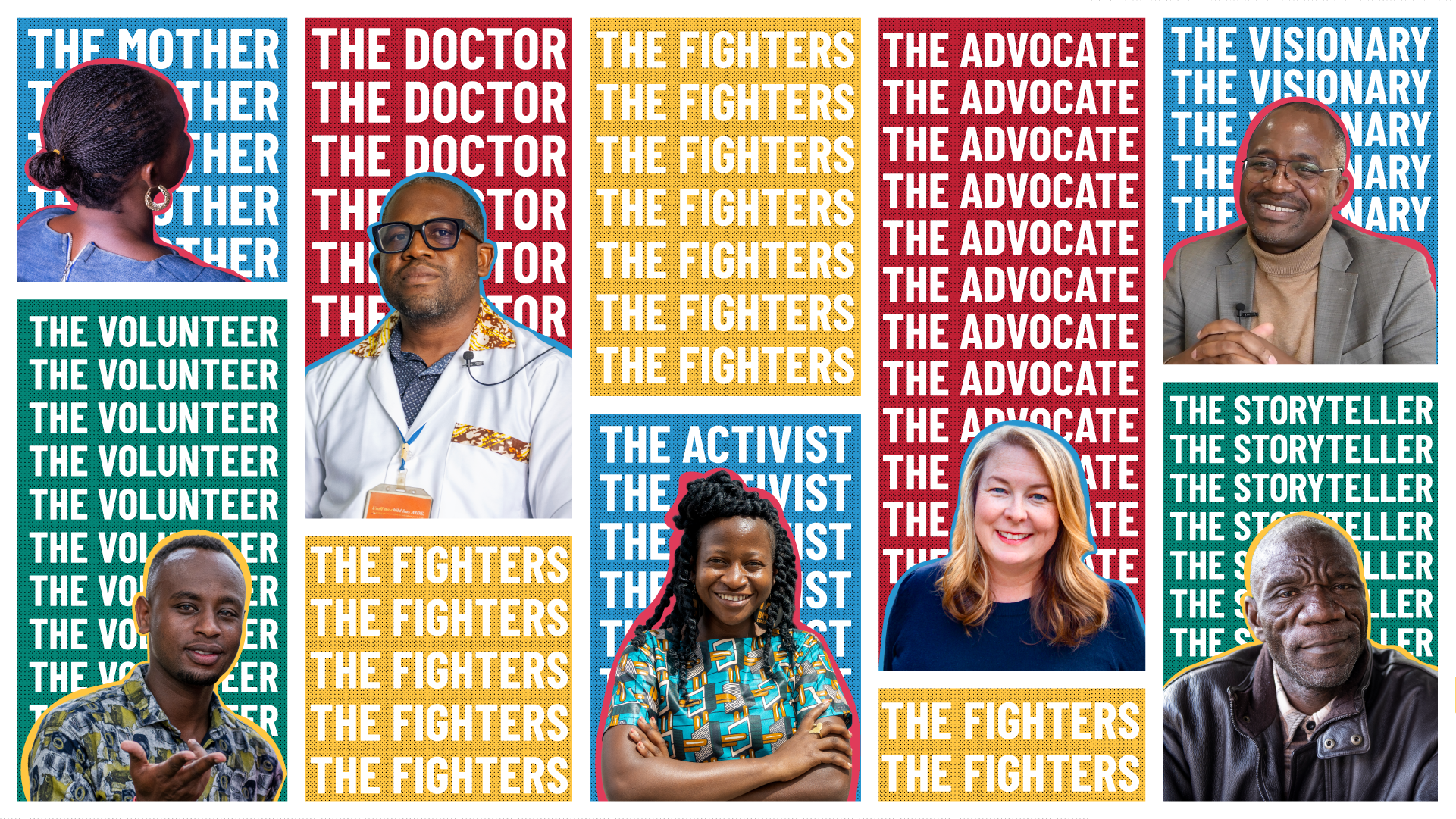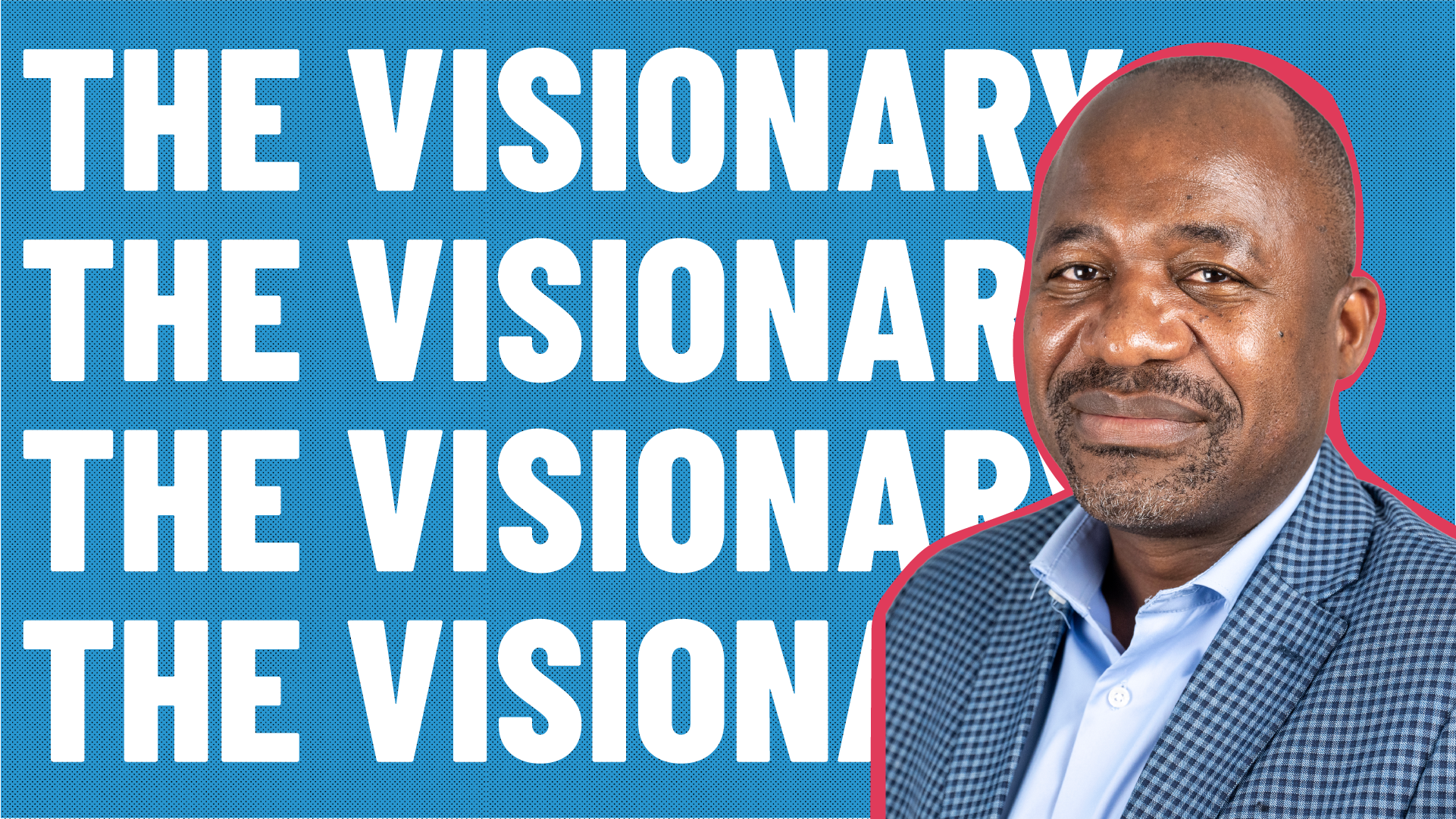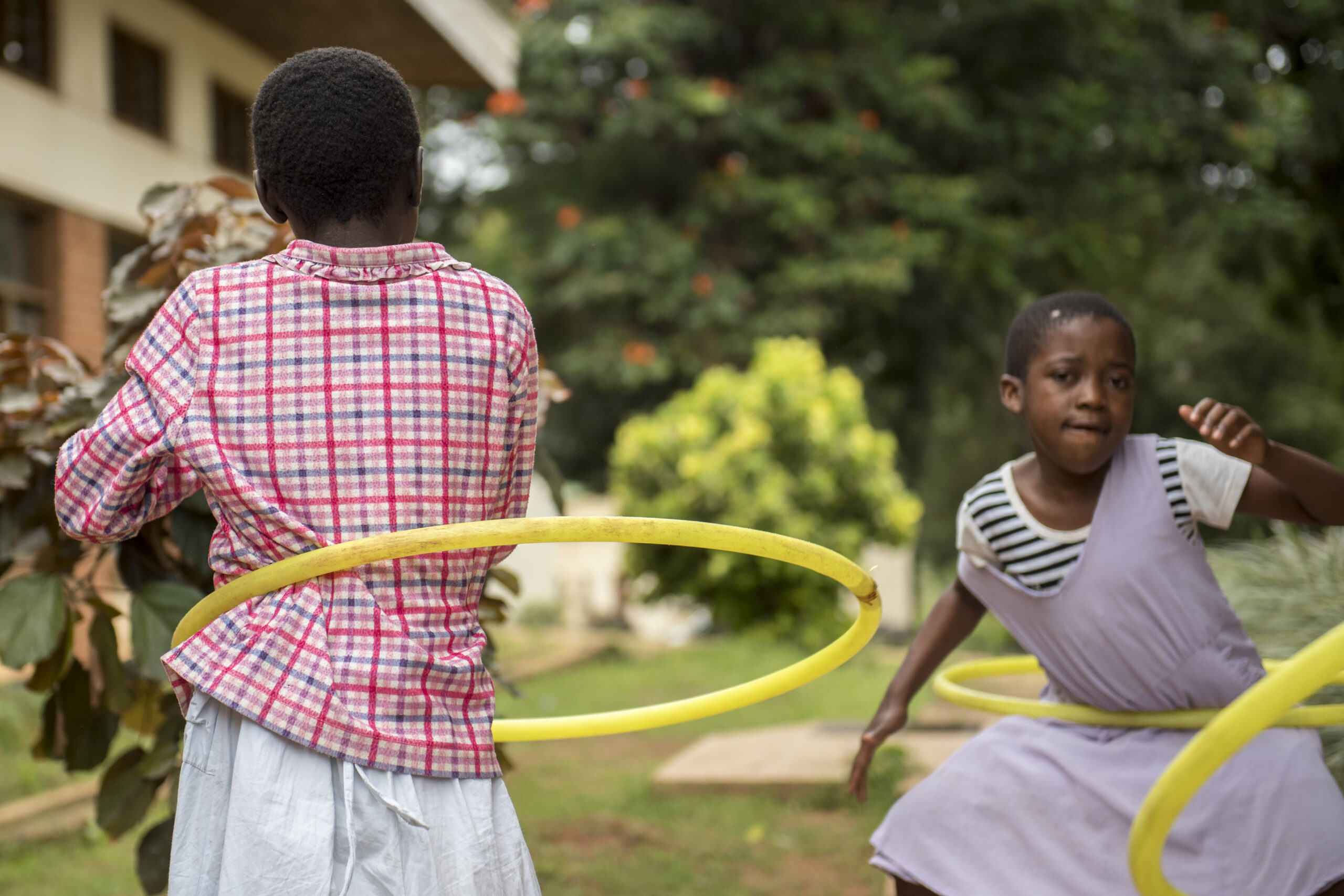 Mthobisi Simelane is only 26 years old, but he has worked for ten years now as an advocate for other young people in Eswatini, especially those living with HIV like himself. Mthobisi was born with HIV, and found out he was living with the virus when he was about 10 years old. “I have a supportive family, so it’s easy to cope with everything,” he explains. But when he was in secondary school, he realized his classmates were not always as supportive.
Mthobisi Simelane is only 26 years old, but he has worked for ten years now as an advocate for other young people in Eswatini, especially those living with HIV like himself. Mthobisi was born with HIV, and found out he was living with the virus when he was about 10 years old. “I have a supportive family, so it’s easy to cope with everything,” he explains. But when he was in secondary school, he realized his classmates were not always as supportive.
“I lost some friends when I was in high school because of stigma and discrimination,” Mthobisi shares. “So, that’s why I stood my ground, and said, ‘I want to advocate for a safer space for people living with HIV.’”
The same support Mthobisi received from his family, he now offers to other young members of his community living with HIV. As a young adult he works with the Elizabeth Glaser Pediatric AIDS Foundation (EGPAF) as a peer support group leader, as well as a member of the Foundation’s Committee of African Youth Advisors (CAYA).
CAYA was founded in recognition that in order to build programs and encouraging environments designed specifically for young people, it is necessary to start with the views, insight, and on-the-ground expertise of young people living with HIV themselves.
In order to build programs and encouraging environments designed specifically for young people, it is necessary to start with the views, insight, and on-the-ground expertise of young people living with HIV themselves.
“To be part of CAYA for me is like an inspiration,” says Mthobisi.
In recent months, Mthobisi and his CAYA peers are finding innovative ways to support their communities in light of the changes the novel coronavirus pandemic brings. In Uganda, a CAYA member reports that many patients on antiretroviral treatment (ART) for HIV have not come to the facility for their refill, due to the suspension of public transportation. In Lesotho, EGPAF staff have needed to increase phone outreach to patients who were already having trouble keeping up with their treatment. In Zimbabwe, one CAYA member noted that it is very difficult to maintain two meters of distance between clients at a health facility, and that clients must shout across the six feet of space, creating the opportunity for accidental HIV status disclosure.
In Eswatini, Mthobisi has experienced difficulties in accessing his own antiretroviral treatment. Once the lockdown began, he still needed to collect his medication refill, and was stopped by law enforcement on the way.
“I experienced harassment, and sort of persecution from law enforcers,” Mthobisi shared. “I was forced to disclose my status in public.”
Most of them are raising the concern that they are unable to access their ART refills every month because they are unable to go to the facilities due to the lockdown. Mthobisi Simelane
Members of his peer support group have seen challenges due to the current situation, as well. “Most of them are raising the concern that they are unable to access their ART refills every month because they are unable to go to the facilities due to the lockdown. There are roadblocks, and they are chased away. They are just told to go back home.”
When a person’s viral load of HIV is suppressed to an undetectable level through ART, they are unable to transmit the virus to another person. Without access to ART refills, Mthobisi explains, “the danger is that their viral levels will not be suppressed.”
In turn, he is concerned this could lead to an increase in new cases of HIV, or to an increase in opportunistic infections in people living with HIV. Mthobisi worries for his peers, that “they will be at risk even of getting the COVID virus, because they don’t have that treatment that they’re supposed to have.”

In response to these challenges, CAYA members worked with EGPAF staff to gather recommendations for adolescent and youth programming amid COVID-19, developing a toolkit now available for use by any team within or outside of EGPAF. The risk of COVID-19 transmission in healthcare settings, for example, can be reduced through staggered appointment scheduling. Clients on ART can be maintained in HIV care through multi-month dispensing of their medications to reduce travel to facilities, and through online peer support, which is essential for supporting mental health during challenging times.
Because Mthobisi’s support groups cannot currently meet in person, they have been checking in regularly over WhatsApp and through phone calls. In the group, Mthobisi can offer advice to other young people on ART adherence, sexual and reproductive health issues, or talking about sexual orientation. The group even discusses how to disclose their status if they choose to do so during the lockdown, using WhatsApp, a video, or whatever method they are most comfortable with.
“Even during this time, we need to keep engaging young people and adolescents living with HIV,” Mthobisi emphasizes, so they can understand how COVID affects people living with HIV and clear myths surrounding the disease.
Even during this time, we need to keep engaging young people and adolescents living with HIV. Mthobisi Simelane
“Even the coronavirus comes with its own stigma and discrimination,” Mthobisi points out. HIV, he explains, is just “a virus that stays in the blood, and it doesn’t define us, who we are. And COVID-19 is a virus that affects our respiratory organs. It doesn’t define who we are.
“I’m passionate that by the end of this COVD-19, we will be able to adapt as people living with HIV,” says Mthobisi. When the world first came together to fight AIDS, he explains, it was not just one group of people who took action. “It was a collective of a lot of groups. So even during COVID-19, we need to collaborate, and also involve everyone in fighting the virus.”




